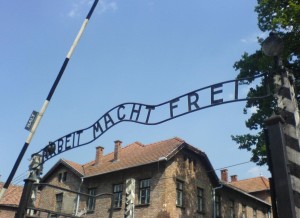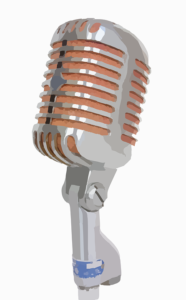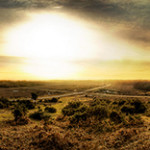Night, by Elie Wiesel—A Review
 Night
Night tells the story of a young Jewish boy, Eliezer Wiesel, who lives in a small town in Romania. Set in a Europe at war, the story begins with a warning, ignored.
An older Jewish man is deported from Elie’s town for being a foreigner in 1941. Moishe the Beadle escapes and returns with warnings of mass killings and other Nazi atrocities. He pounds on doors and pleads with the Jews of his village to believe his stories, all to no avail.
“Who can believe such tales,” they ask, “What kind of men would do such things?”
For two more years the villagers live life as they have for hundreds of years in their corner of Transylvania, then in the spring of 1944 the political climate changes in Romania—the Nazi’s arrive.
Wiesel tells of the self-delusion of his father and the other adults over the occupation and how even with the Nazi’s controlling every aspect of their lives, there is still hope.
By the summer the villagers have returned to a “normal” life in the occupation when the order comes—all Jews are to be deported. So it is in the summer of 1944 Elie Wiesel and his family say goodbye to a life they will never see again.
Assigned to Auschwitz and Buchenwald concentration camps, Elie and his father fight to stay alive. What follows in the book is Elie’s memory of the brutality of not only his captors but also the captives. It is the true tale of how base we humans can become when faced with basic survival.
Elie Wiesel, is a recipient of the Noble Peace Prize and is called a “messenger to mankind”. It’s easy to see several messages in his book Night.
Perhaps it was just by chance that I picked up and read a copy of Elie Wiesel’s Night several months ago. In light of events in Paris and San Bernardino in recent weeks, this book gave me much to think about.
To me the parallels between radical Islamist terrorists and the German Nazi party are inescapable. Nazis were the fanatics who believed in every word that was written in Mein Kampf and spoken by Adolf Hitler.
Not all Germans were members of the Nazi party, just as not all Muslims adhere to the radical forms of Islam espoused by adherents to ISIL or Al Qaeda.
Just as all Germans became “swept up” in the rhetoric of Adolf Hitler and his strong stance against those he felt threatened the Germany, so too are many Americans swept up in the rhetoric of a man like Donald Trump.
And just as Germans were swept up by Hitler’s rhetoric, so too can Muslims become swept up by the rhetoric of evil imams who would pervert Islam to their political goals.
What I learned from reading Night is that the price of freedom is eternal vigilance. That we should listen to the Moishe the Beadles shouting warnings of evil and be prepared to stop evil before it turns into something we cannot stop easily. Nor should it become something we need to explain to future generations.
In my humble opinion Night should be required reading by every high school senior.
I found Night to be a sober warning to the world, a message we should all heed when faced with the evils of this world. Get a copy of Night
and remember the old saying, “Those who don’t remember history or destined to repeat it.”
Tagged with: Elie Wiesel • Islam • Muslim • Nazi • Night
Filed under: Book Review
Like this post? Subscribe to my RSS feed and get loads more!






Leave a Reply